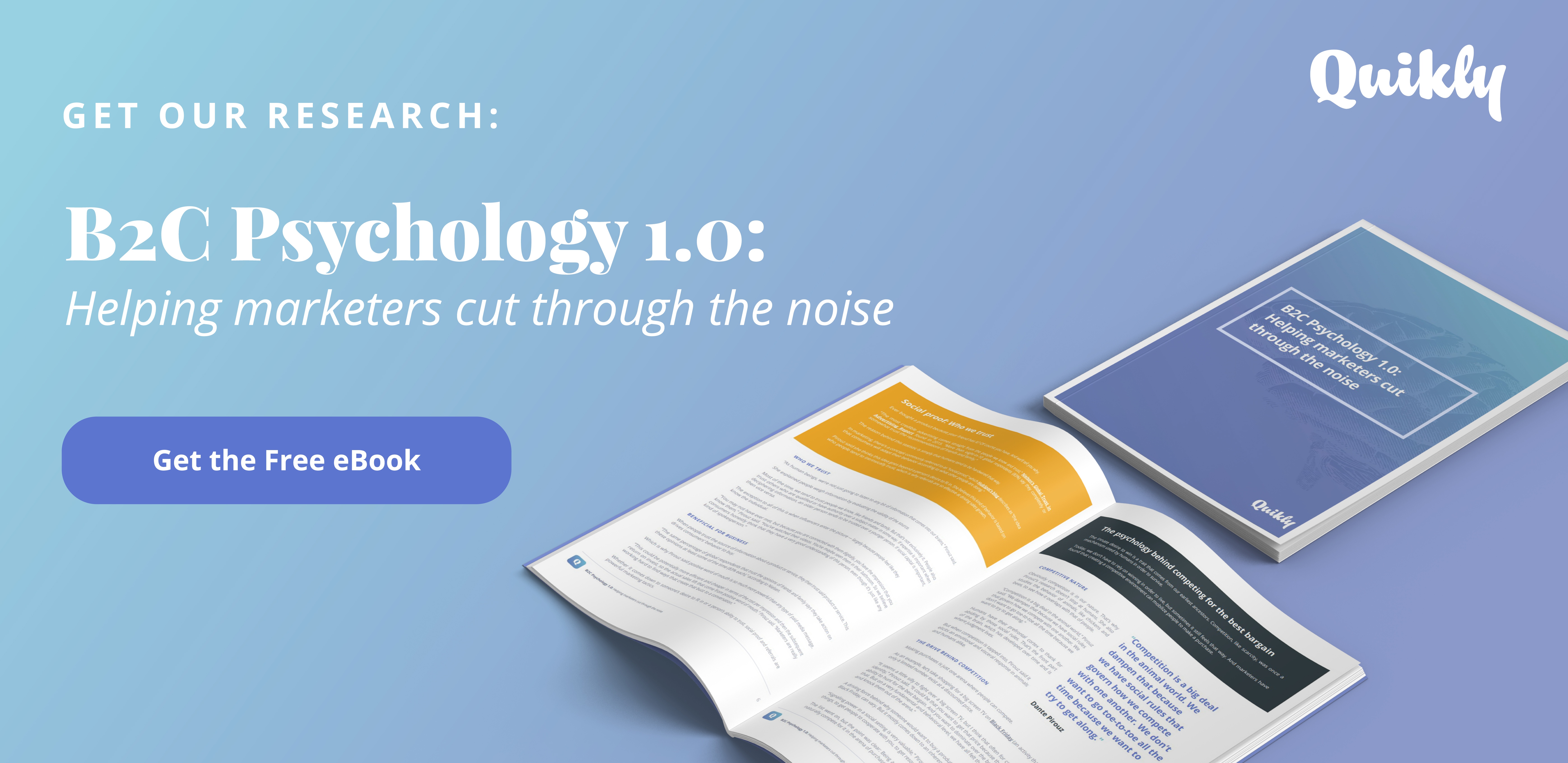
Marketing psychology: The basics of anticipation

With consumers having so many different types of motivators, it can be difficult to know which psychology principles really hold potential. Anticipation makes its mark.
Typically leveraged before brand events, like product drops or store openings, anticipation can help marketers create a sense of urgency that boosts consumer motivation. Research also tells us the act of anticipating can be an enjoyable experience for consumers.
But what exactly is anticipation? And how are marketers using it to drive consumer behavior? We recently talked to Shagoon Maurya, psychotherapist and founder of ursafespace, to help us answer these questions.
What is anticipation?
Is there a surefire way to describe how it feels to anticipate something?
Maurya says there is and explains it simply: “Anticipation can be described as the excitement that one feels in the wait or hope for something to happen in the near future."
A common emotion, anticipation is most often discussed through a lens of psychological responses or feelings; but what about the scientific makeup? How does anticipation translate to action, and how can it be used in marketing efforts?
The anticipation-to-action pipeline
Much like its other marketing psychology counterparts, anticipation fuels action. It drives us.
“We perform an action in anticipation of its consequence," said Maurya. "By this we try to predict how our future self feels. It helps in decision-making and activates the reward system.”
Along with motivating action in general, anticipation also can significantly influence purchases.
“Anticipation has a strong impact on buying decisions," Maurya added. "As we try to contemplate our needs and wants, we also try to gauge how happy the product or service makes us feel."
Ways to fuel anticipation within marketing
When it comes to how brands are already leveraging anticipation to motivate consumers, Maurya sees the following tactics commonly come into play:
- Glorifying what a consumer's future would look like if they were to use the product being advertised
- Anticipating what consumers wants to hear
- Promoting upcoming products in ways that are more discreet
Of course, then there are the brand events that marketers actively cultivate anticipation around.
Even with events included, these are only a few ways anticipation can come into play to motivate consumers. But each offers marketers the chance to amplify results. Glorifying a consumer's future with a new product can help accelerate purchases. Anticipating what consumers want to hear can cultivate more loyal customers. Teasing out upcoming products can increase their appeal. And promoting an event ahead of time can boost consumer response when the event goes live.
When it comes to marketing psychology, the basics of anticipation may seem simple — but its power to motivate can be big.

Lindsay Keener is a brand journalist for Quikly. She covers stories that help to inform and educate consumer-facing marketers.

